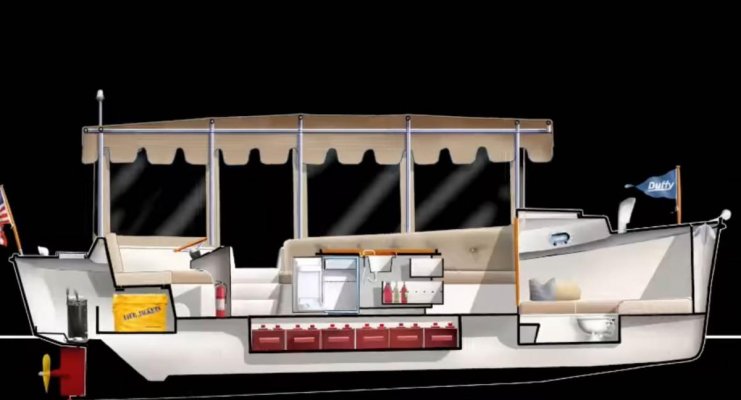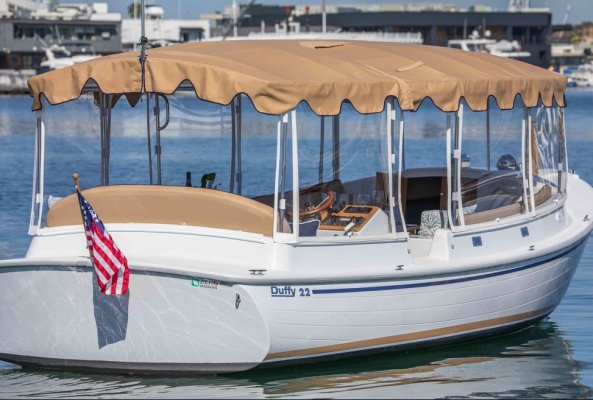Our plan has always been to retire, sell our current home, and buy a boat to do the loop and some diving in the keys and Bahamas for at least five years before moving back into a dirt home again. We're about 5 years from retirement now and getting much more serious about the planning but we're concerned about the changes coming along with the green movement.
We're having second thoughts about committing a large chunk of money to our next boat while the country is moving towards a net zero carbon goal. When we see GM planning for an all-electric line up by 2035 we wonder how we will possibly be able to have a couple of large gas or diesel engines draining our gas tanks for the next 10 years.
We are not looking for a political debate here! You can get that anywhere. We are wondering if anyone has any articles talking about the future of recreational boating as this world wide shift in energy usage evolves. Your opinions are certainly welcome as well but let's please try to stay away from political conjecture.
Boats are a depreciating liability and we recognize that with every boat we've purchased. Is anyone else rethinking similar plans? Does anyone have any articles they could recommend that discuss the issue? Will we really be able to own a 40' cruiser 10 years from now and burn thru fuel like we do today?
We're having second thoughts about committing a large chunk of money to our next boat while the country is moving towards a net zero carbon goal. When we see GM planning for an all-electric line up by 2035 we wonder how we will possibly be able to have a couple of large gas or diesel engines draining our gas tanks for the next 10 years.
We are not looking for a political debate here! You can get that anywhere. We are wondering if anyone has any articles talking about the future of recreational boating as this world wide shift in energy usage evolves. Your opinions are certainly welcome as well but let's please try to stay away from political conjecture.
Boats are a depreciating liability and we recognize that with every boat we've purchased. Is anyone else rethinking similar plans? Does anyone have any articles they could recommend that discuss the issue? Will we really be able to own a 40' cruiser 10 years from now and burn thru fuel like we do today?



